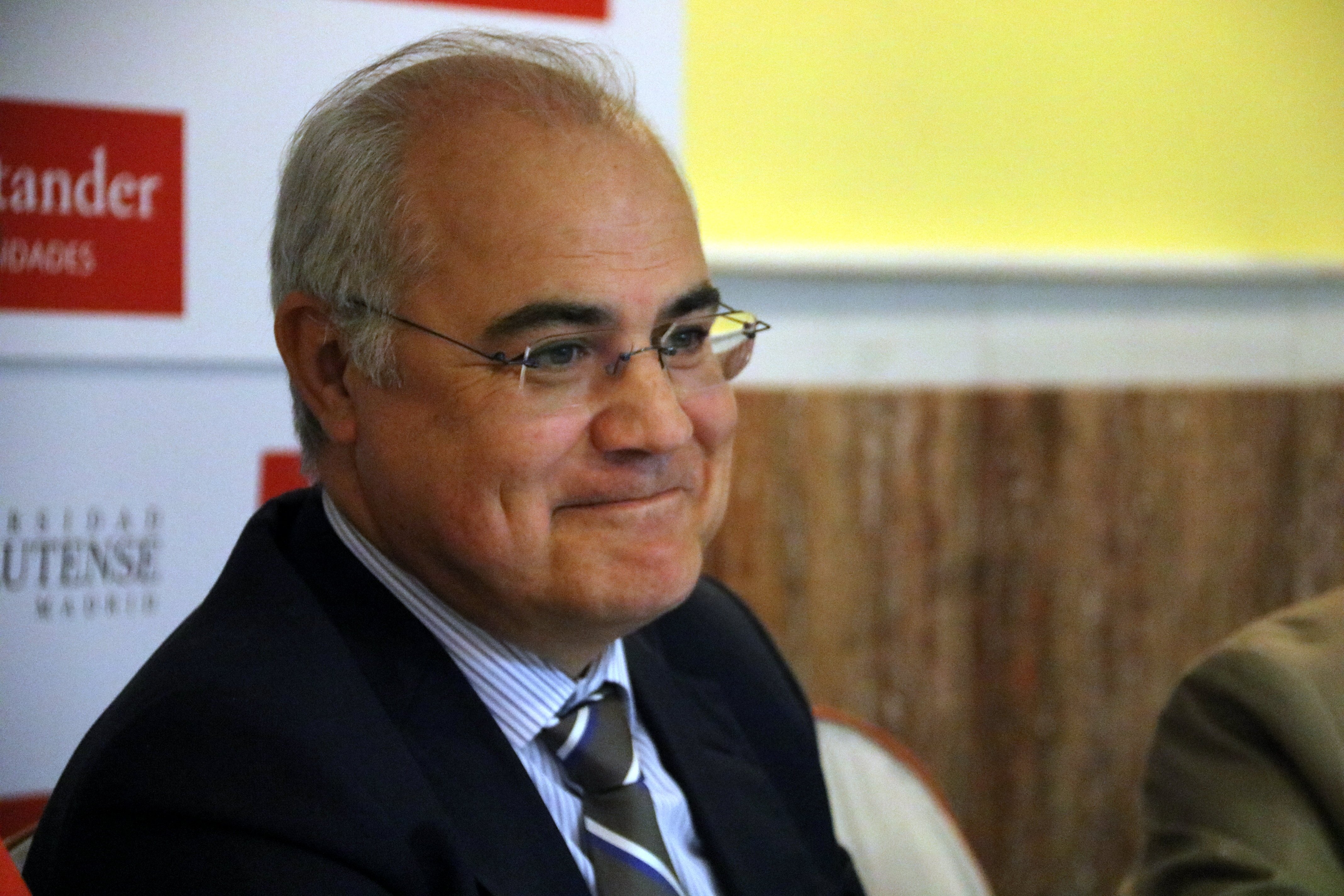No surprises. Spain's Supreme Court "flatly" rejected the recusal demand raised by the exiled Catalan politicians Carles Puigdemont, Toni Comín, Clara Ponsatí and Lluís Puig against the Supreme Court's own investigating judge in the case, Pablo Llarena, for accepting an award from a right-wing Spanish nationalist foundation, the Fundación Villacisneros. Puigdemont stated that Llarena, by accepting the award, showed his lack of impartiality. It was another Supreme Court judge, Julián Sánchez Melgar, who rejected the recusal on the grounds that it is based on unfounded and arbitrary causes, is abusive and has defects of form. Accusations against Manuel Marchena and three other judges who were part of the court that handed down the verdict in the 2019 pro-independence leaders trial were also rejected.
Puigdemont presented the recusal letter in December, days after Llarena received the award from the Villacisneros Foundation for having stood firm in defending the law in the face of "intolerable harassment" from the Catalan independence movement. The judge who investigated the recusal incident rejects that Llarena lost his impartiality for having accepted a distinction from the Villacisneros Foundation, understanding that all it did was recognize his work as a judge. Sánchez Melgar defends the judge and states that "neither the distinctions that could be granted to judicial independence, nor the constitutional function that a judge exercises, nor the dedication of the teaching of law - to name just a few examples - could be regarded as a blemish that makes the judge lose his impartiality".
The ruling
The judge states that the writ claiming the recusal gives "an opinion" of the appellants on what other people think of the judge. The text stated that the Villacisneros Foundation is a "Spanish nationalist organization" that claims to work "for the unity and strengthening of Spain" and that it adhered to the demonstration at which the arrest of Carles Puigdemont was demanded. October 2017. It also included public statements by leaders of the foundation in relation to Puigdemont, such as those of former Madrid president Esperanza Aguirre, former minister Jaime Mayor Oreja and Vox MEP Hermann Tertsch.
The investigator took the opportunity to reprimand Puigdemont, Comín, Ponsatí and Puig for making an abusive and indiscriminate use of the recusal mechanism not only against Llarena but against the whole court that heard the 2019 independence leaders' trial. "The validity of invoking the right to an impartial judge and the legitimate defence of part of their constitutional rights does not enable the indiscriminate use of the mechanism of recusal, nor the designation of a judge at one's convenience," the court said. The ruling also point out several formal defects in the text.
The Supreme Court's criminal law chamber upheld the arguments presented by judge Pablo Llarena against his own recusal. In his own text, the judge stated that the Villacisneros Foundation "identifies with policies that are contrary to his own" and argues that he also received an award from Barcelona's city police, the Guardia Urbana, when released pro-independence prisoner Joaquim Forn was the deputy mayor in charge of law and order, and part of the same party" as Puigdemont. Judge Llarena added that all the recognitions he has received "do not now compromise the public credibility that he acted neutrally."

